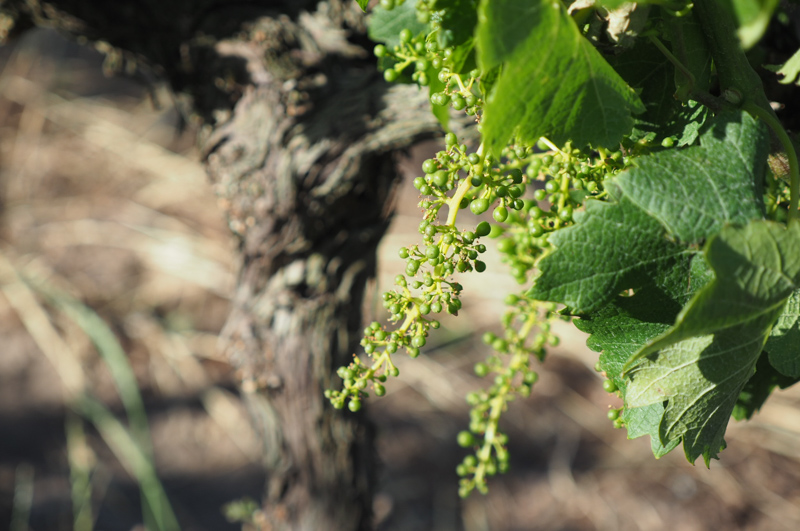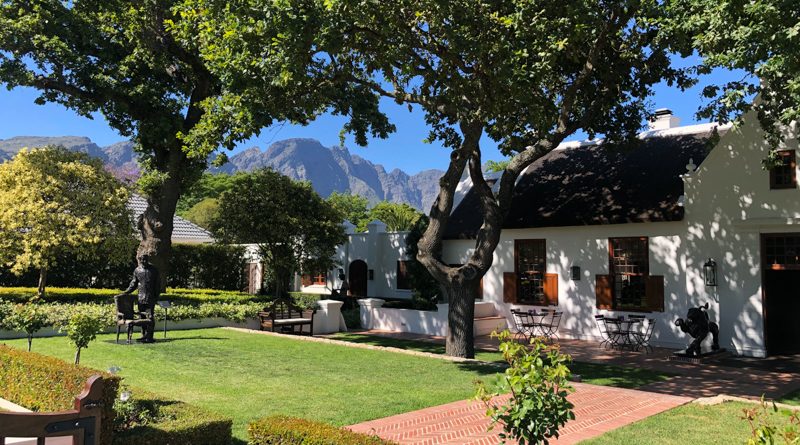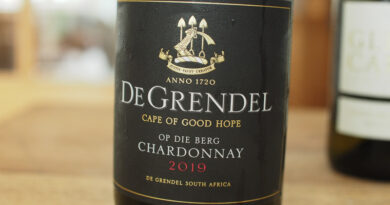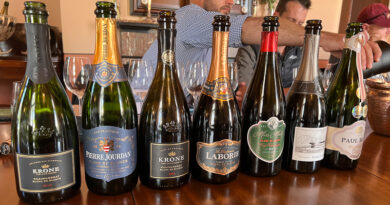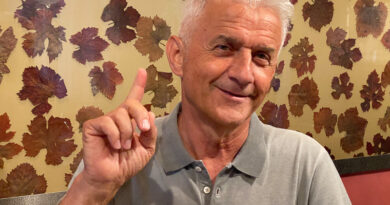In Franschhoek
I have just spent five days in the Franschhoek wine valley in South Africa’s Western Cape, taking a bit of a deep dive. Together with colleague Treve Ring we had an intense series of tastings and visits. It meant that we could catch many of the significant wineries based here.
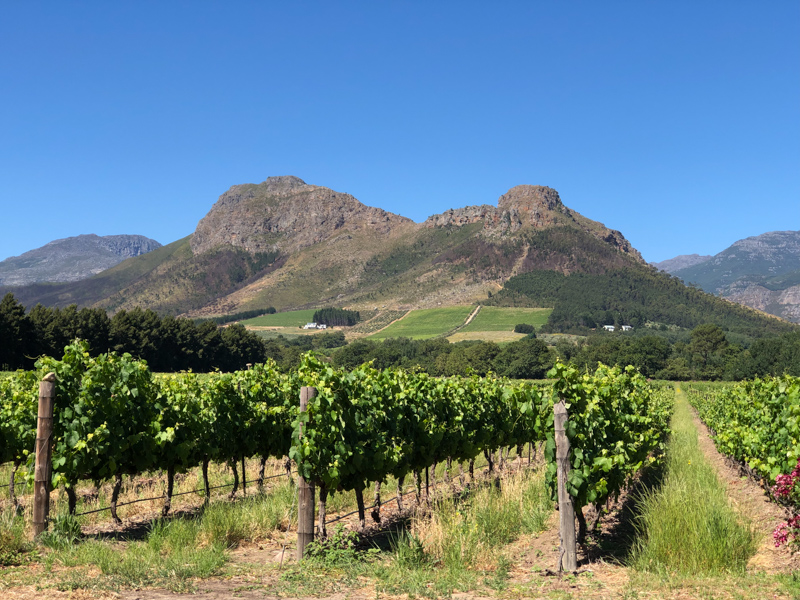
I came out here back in April 2015 to have an in-depth visit, so it’s good to revisit four years later and see where things stand.
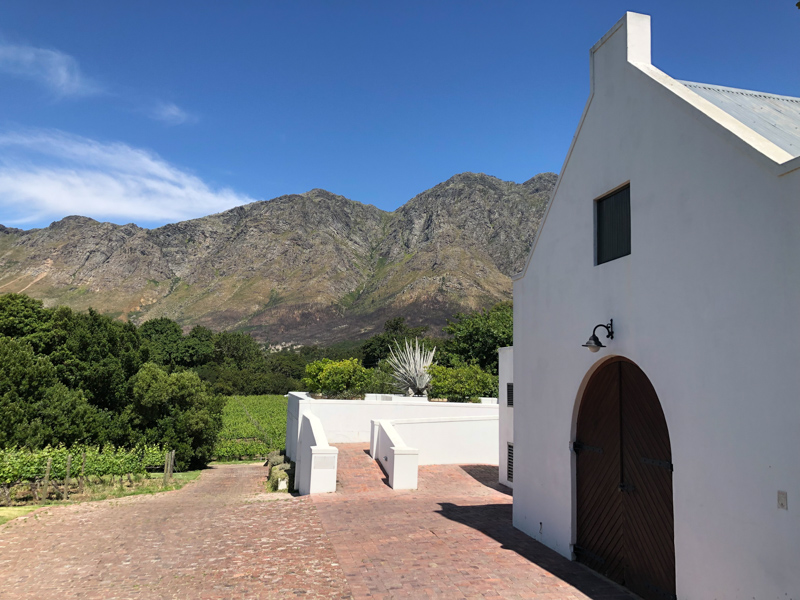
The report from 2015 is here.
One of the things that I said then still rings true:
Franschhoek is a paradoxical sort of wine region that is currently enjoying great success, while at the same time struggling with its reputation. This is because it has become the tourist hotspot of the Cape winelands. Come here in summer, and you’ll struggle to find a place to park, and you’ll have to make restaurant reservations in advance. It’s heaving, and for good reason: visitors are drawn by the combination of natural beauty, a pretty town with nice places to stay, and some of the best restaurants in the country. But wine professionals don’t take the Franschhoek Valley seriously. The narrative is that Franschhoek is great for restaurants but bad for wine, lacking in top quality terroirs. ‘The advantage of this valley is that it is beautiful and it has lots of visitors,’ says Kevin Swart of Black Elephant. ‘The disadvantage of this valley is that it is beautiful and it has lots of visitors,’ he adds. If you can make wine here you can sell it.
From wineanorak.com, 2015
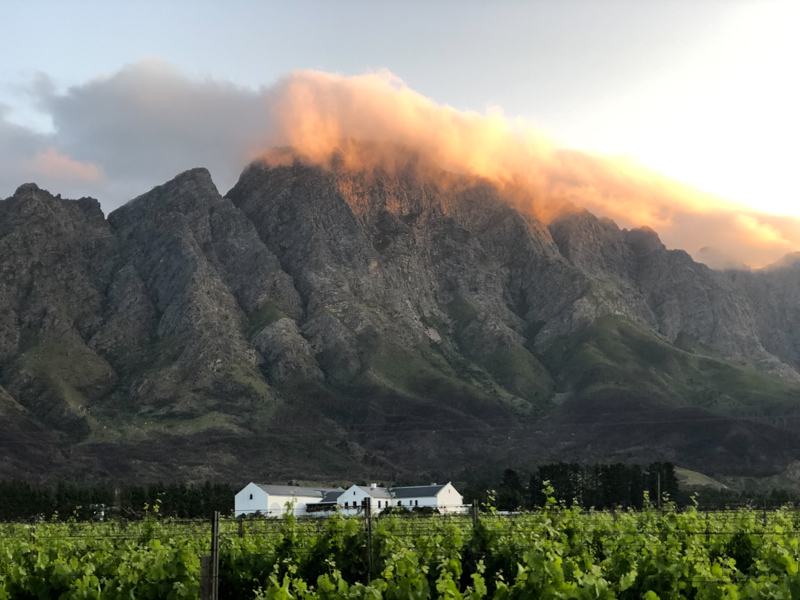
And there’s another quote, from Ludwig Maske of local wine shop La Cotte:
‘There’s lots of investment here, but very few people who come in are serious about wine. Very few people are trying hard, and some young winemakers are being pushed back.’ Maske thinks that Franschhoek wines haven’t been taken seriously by the press. ‘The press seem to have it in for us. People are jealous of Franschhoek, and a lot of people have their knives in for Franschhoek. If Franschhoek turns out a great wine, people ask where the grapes come from, and if they aren’t from the valley that reinforces their opinion. But a lot of our better wines are made from valley fruit.’
From wineanorak.com, 2015
Four years on, and while these statements ring true, the valley seems to be more at ease with itself. On the last trip, I focused solely on those concentrating on in-valley wines. This time, the visists including leading players who also make non-Franschhoek wines.
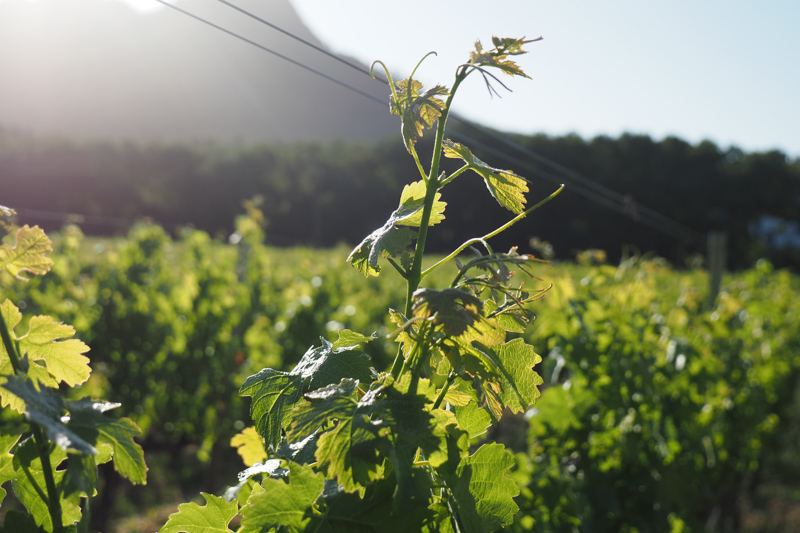
There are some talented vineyard sites in Franschhoek, and the number top class WO Franschhoek wines is increasing. The boundaries of the WO haven’t been increased in the Paarl direction, despite intense commercial pressure a few years back. This bodes well for the future of the valley. For the future, more has to be made of the best in-valley wines, and the top sites have to become famous.
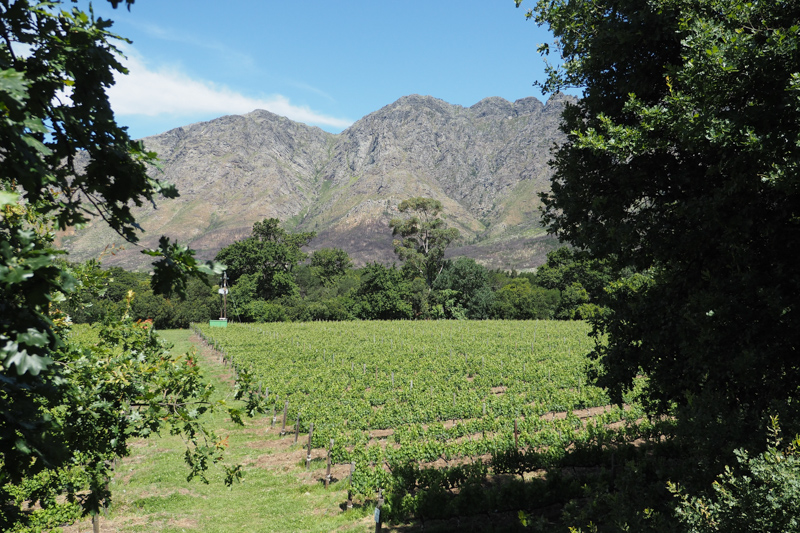
And the valley is becoming somewhat of a centre of wine excellence. There are some top producers who have based themselves here; some new winemaking talent is revitalizing some of the perennial local underperformers; and there are some ambitious vignerons now resident. These are all encouraging signs. Over the next couple of weeks, write-ups will appear here, including a list of the top WO Franschhoek wines that Treve and I tasted.
